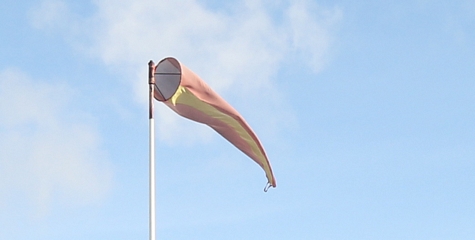WI-WE Progress
| Progress: 80.42% WWI-WE Version: 1 | |
| 0 | mandatory questions pending |
| 19 | questions total |
| 14 | questions answered |
| 14 | questions completed |
| 5 | questions pending |
Mapping Weak Signals
Inspired by: FP7 » CoWorking Houses as Creative Hubs

Originally submitted by: Vanessa Watkins
List of all contributors by versions (mouse over)
Last changed by: Vanessa Watkins
WI-WE status:
.png)
